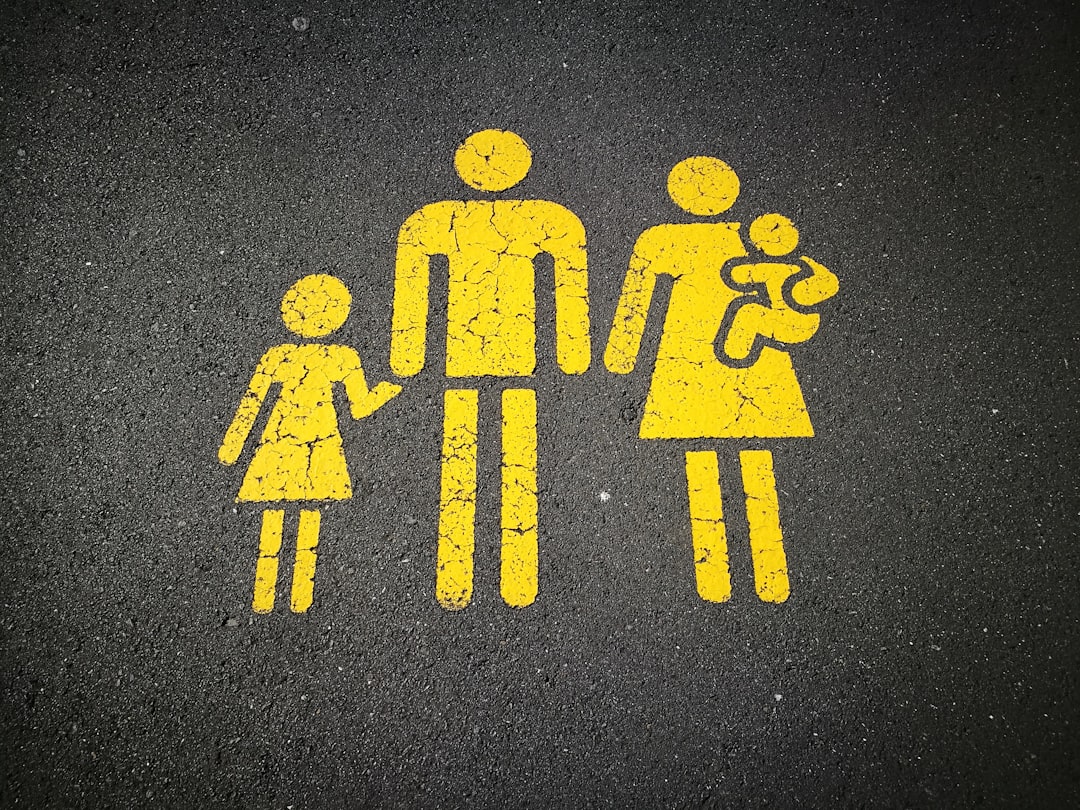What is it about?
Child tax credit and universal credit provide means-tested support for low-income families. The government have introduced a two-child limit for these benefits meaning that the child element of child tax credit and universal credit will no longer be awarded for third or subsequent children born after 6 April 2017. The government argue that the benefit system should provide a fair deal for the tax payer and that families claiming benefits should face the same financial choices as those in work. However, it has been argued that there is an inherent moral injustice in linking benefit entitlement to the size of the family and that there will be an increase in child poverty
Featured Image

Photo by Annie Spratt on Unsplash
Why is it important?
This policy raises significant questions about the role and scope of the welfare state and the move away from a 'needs-based' system. The most controversial element is the so-called 'rape clause' where an exception applies if a claimant can show that there is evidence that a third or subsequent child was born as a result of rape or non-consensual conception at a time when the claimant was in an abusive relationship and subject to control and coercion. This creates ethical dilemmas for professionals who support claimants and may be asked to provide evidence to support this exception.
Perspectives
This is important as the UK has not based entitlement to means-tested benefits on family size before. It remains to be seen if social security policy can influence claimant behaviour in the way that the government intend.
Richard Machin
Staffordshire University
Read the Original
This page is a summary of: The Professional and Ethical Dilemmas of the Two-child Limit for Child Tax Credit and Universal Credit, Ethics and Social Welfare, October 2017, Taylor & Francis,
DOI: 10.1080/17496535.2017.1386227.
You can read the full text:
Resources
Contributors
The following have contributed to this page










